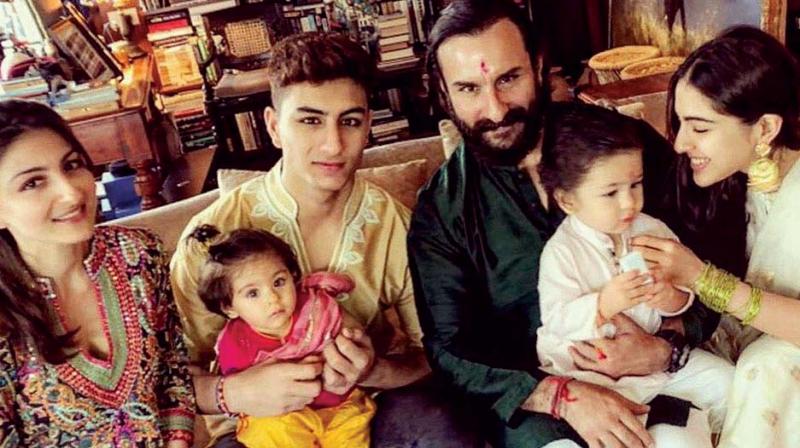Bonds that build hope!
Rakhis are always known for their vibrant, colourful and glittery looks, the more eye-catchy they are, the more festive mood it brings in people.

Raksha Bandhan is a festival that celebrates the love between brothers and sisters. A bond filled with occasional fights, nostalgia from childhood memories, garnished with love. It’s a festival that’s more than just a colourful and vibrant thread.
Make this Rakhi, an eco-friendly festival and buy a plantable rakhi for your brother. This serves the dual purpose of nurturing your bond as well as saving the environment.
Although, many brothers keep the rakhis on their wrist for weeks after the festive season, sometimes even months, and the thread always finds its way into the dustbin. But, that changes this festive season. Bengaluru, is all set to celebrate yet another festival, in an eco-friendly way.
Plantable rakhis have seeds attached to the thread. Nisha Katariya, a student says, “I think this concept is really good since it serves two purposes; celebrating rakhi and saving our environment. When regular rakhis are thrown in the ground, it harms the soil, but with these, a new plant grows.” Talking about the symbolic meaning of the eco-friendly rakhis, she continues saying, “It’s also like celebrating the bond I have for my brother forever. Today, it’s a plant, tomorrow it will be a tree.”
Rakhis are always known for their vibrant, colourful and glittery looks, the more eye-catchy they are, the more festive mood it brings in people.
Srinivasa Achar, a software developer at an MNC says, “It’s amazing that something like this has come up. I think, for me, it’s not just about saving the environment, it also symbolises that my relationship with my sister has been growing from a plant to become a tree, eventually. I’m excited for this, I have a small garden at home, where I grow flowers and I have a tulsi plant. That’s where I want my rakhi to go as well.”
Priced at around Rs. 50 per rakhi in comparison to the normal rakhi that costs a minimum of Rs. 100 going up to Rs. 1000, these rakhis have seeds strung on to the threads in different and creative ways. The most commonly used seeds to make these rakhis are ragi, jawar, tomato, marigold, tulsi and flower seeds. Other types of rakhis are being sold due to the high demand in Bengaluru. A DIY (do it yourself) colourful eco-friendly option is to make rakhis using terracotta as the base, which makes it easier for recycling.
Vishal Kodial, founder of an organisation that conducts workshops on making eco-friendly rakhis in Bengaluru says, “Our city is always looking for ways to protect the environment; especially during the festive season. What we do is make seed rakhis particularly. It doesn’t require a high cost of production, because we get seeds for such less prices and the thread and other materials we use are basically scrapped material.” Talking about why these rakhis are in demand, he continues saying, “A normal bright fancy rakhi costs around Rs. 100, these cost 50 and are going to last forever in some form or the other. That’s the best. Moreover, it’s the feeling of making your own rakhi for your brother.”
Many stores and NGOs in Bengaluru are selling these eco-friendly rakhis. An initiative that started using plantable seeds and handmade paper for making rakhis has moved on to using edible products to spread the love. Erram Nashith, an engineer at an airline company says, “My neighbour ties me rakhi every year and we always go rakhi shopping together. This year, she can tie me this rakhi, and as a gift, I can grow a plant for her.”
